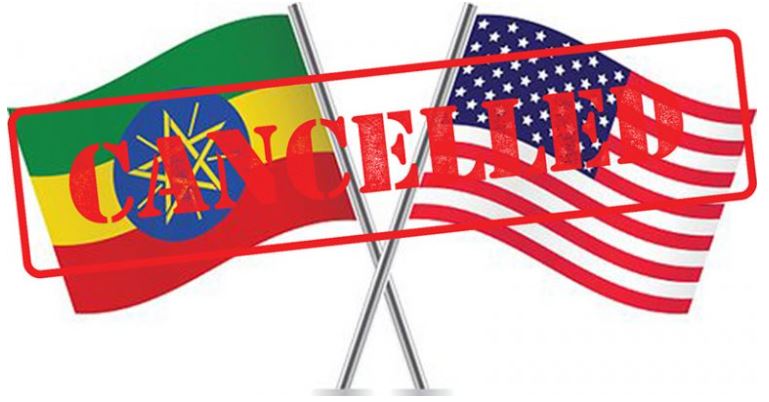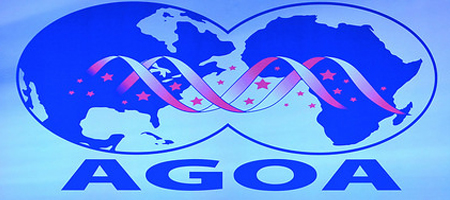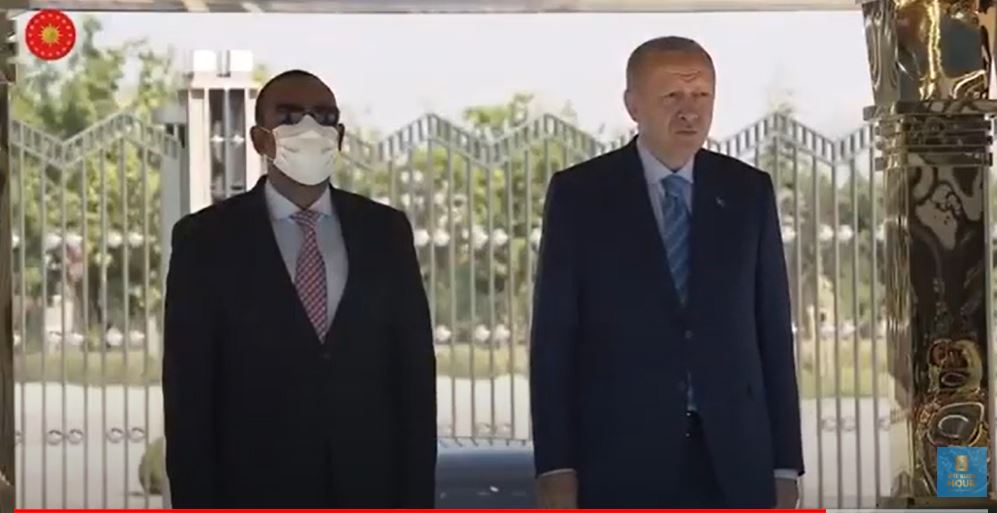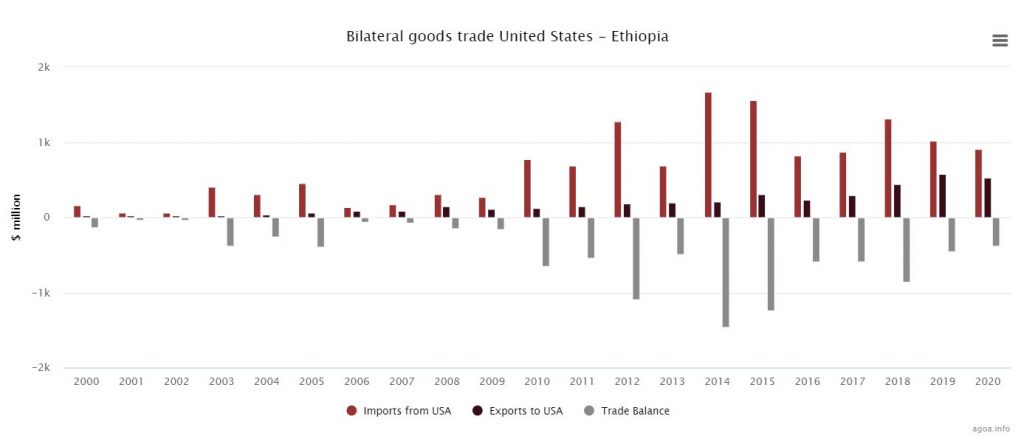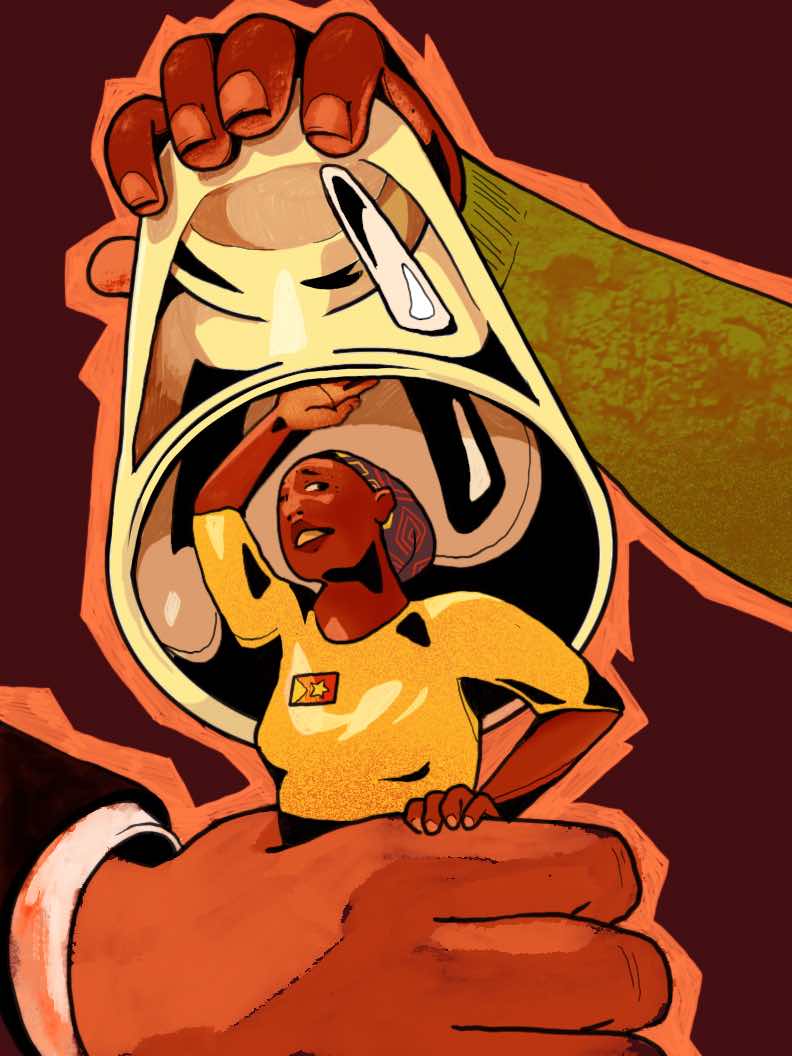
Ethiopia is in a Catch-22 situation. There is no clear foreseeable victory for Abiy Ahmed which involves complete surrender of the OLF or TDF. Come to peace terms with the Tigray National State and the Oromos to salvage the economy or continue a war which has no visible end in sight and will only lead to further economic decay for Ethiopia in order to satisfy Amhara centered nationalists (the main backers of Abiy Ahmed) who want Tigray and Oromo rebellions completely obliterated.
Although Ethiopia’s Central Statistical Agency has been trying to hide failing economic reports since August 2020 the dismal economic outlook can no longer be hidden. Although some economic analysts had predicted a robust economic recovery earlier in the year based upon two factors:
-
- That the Ethiopian forces would come to stop significant fighting from Tigray and Oromo factions
- That cessation of the fighting would improve foreign investors confidence in Ethiopia without sanctions
Currently the Tigray Defense Force is making slow but steady progress into Western Tigray and creating a buffer zone against invasion in the northwestern Afar. Attempts at reinvasion by Eritrean armed forces have been repelled. Meanwhile almost half of the Northern Oromo region has been taken by the Oromo Liberation Front who now openly recruit and train thousands more each week. There is no clear foreseeable victory for Abiy Ahmed which involves complete surrender of the OLF or TDF.
In December 2021 food prices went up 41.6% the highest in decade while the actual value of the birr against the dollar has essentially reached 50 to the dollar and continues to fall. The Ethiopian government has played games with statistics for economic growth using the falling birr to create false gains which are really losses in terms of international currency value in economic growth (-2%), gross domestic product, and per capita income. By the end of 2022 Ethiopian government debt will exceed $60 billion which has an unsustainable debt service unless severe austerity measures occur.
Other analysts have noted that while the previous regime of Meles Zenawi leadership of the Ethiopia Peoples Revolutionary Democratic Front was able to achieve high economic achievement under authoritarian rule this will not be the case for Abiy Ahmed’s prosperity party. Centralizing decision making to Amhara oligarchs, severely suppressing human rights and free press, and not sharing real dialogue with the Tigray and Oromo parties will never bring the “market liberalization” needed to put Ethiopia back on a growth path.
President Biden made clear that there will be no re-instatement of the AGOA (African Growth and Opportunity Act Treaty) until the requirements for human rights guarantees stipulated in the treaty are restored. Professor Jon Abbink is a professor of Politics and Governance at Leiden University, a proclaimed Abiy Ahmed government supporter, and has stated that AGOA termination delisting will cost the loss of “200,000 Ethiopian jobs directly and in the textile and apparel sectors (ca. 80% women) and indirectly in extra 700 to 800,000 additional supportive jobs (in transport, catering, distribution)”. It will dent the emerging young Ethiopian industrialization policy, in which the country showed great promise. Although The (international) firms in the new Ethiopian industrial parks will partly survive by seeking new markets but this will be enough to sustain them.



